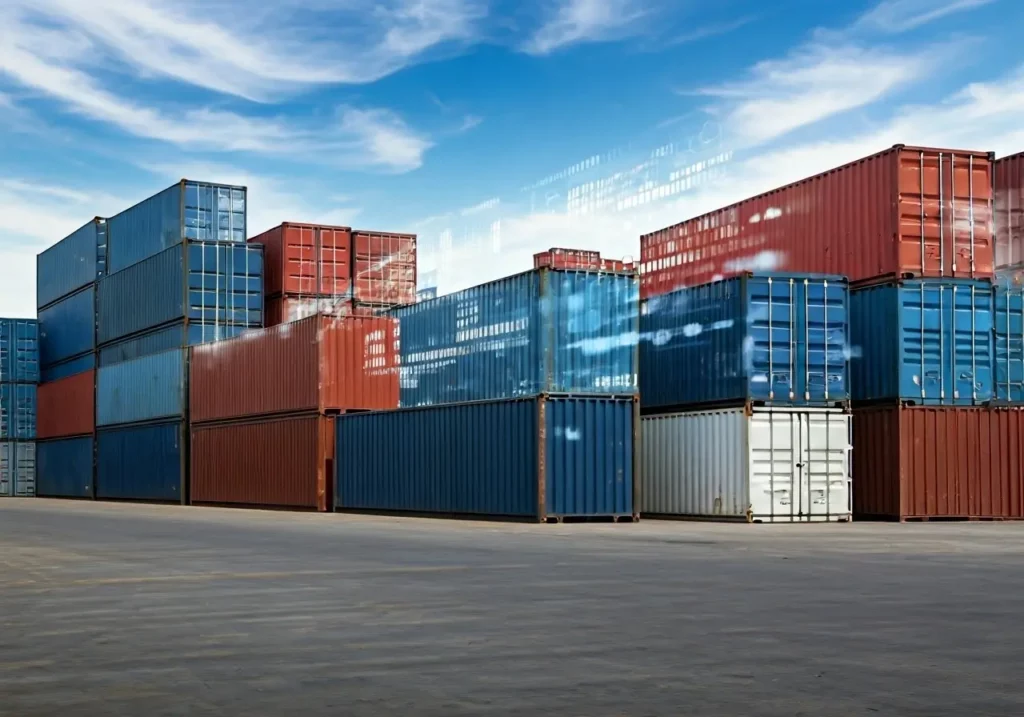In today’s fast-paced global trade environment, technology plays a pivotal role in simplifying and enhancing the importing process. By leveraging cutting-edge solutions, businesses can save time, reduce costs, and minimize errors. This FAQ will explore how technology makes importing more efficient and streamlined.
What Role Does Automation Play in Importing?
Automation is transforming the way businesses handle importing by significantly reducing the need for manual data entry. This shift cuts down time-consuming paperwork and expedites customs clearance, allowing for faster processing of goods. Tools like the FedEx Import Tool highlight how automated systems can streamline operations by offering a single-window solution for import processes.
The benefits of automation extend beyond mere speed. By minimizing human error, businesses can drastically reduce the risks of discrepancies that typically cause delays or additional costs. Automation encompasses everything from invoicing to inventory management, ensuring that each step of the importing process is meticulously coordinated.
Furthermore, automation facilitates scalability. As a business grows, the automated systems can handle increased volumes without compromising on efficiency. This capacity to adapt makes automation a critical component in any organization’s importing strategy.
How Do Digital Platforms Enhance Visibility?
Digital platforms revolutionize importing by offering unparalleled transparency and control. They provide importers with real-time tracking capabilities, which are crucial for maintaining an efficient supply chain. These platforms enable businesses to monitor shipments at every stage of the journey, thereby reducing uncertainty and increasing reliability.
The integration with analytics tools on these platforms allows businesses to delve deep into their supply chain processes, identifying bottlenecks and inefficiencies. This insight is invaluable for making strategic decisions that optimize importing operations, ensuring that goods are delivered on time and in perfect condition.
Moreover, the centralized nature of these platforms streamlines communication with international partners. Importers can share documents, manage orders, and handle transactions seamlessly, fostering better collaboration across borders.
How Does Machine Learning Optimize Importing Operations?
Machine learning enhances importing by predicting demand more accurately. By analyzing historical data and current market trends, machine learning algorithms can forecast future inventory needs, ensuring that businesses are neither overstocked nor understocked. This level of precision in inventory management reduces costs associated with holding excess stock and mitigates the risk of stockouts.
Beyond inventory optimization, machine learning plays a pivotal role in route optimization. By assessing real-time data such as weather conditions and traffic patterns, it suggests the most efficient shipping routes, which saves time and reduces fuel consumption. This not only expedites delivery but also contributes to sustainability efforts by optimizing resource usage.
What is the Impact of Blockchain on Import Transactions?
Blockchain technology is revolutionizing import transactions by providing a secure and transparent ledger. This technology ensures that records are tamper-proof, which enhances trust between trading partners. By maintaining an immutable transaction history, blockchain minimizes the need for intermediaries, thereby speeding up the import process and reducing associated costs.
In addition to security, blockchain facilitates seamless documentation. Importers can store and access important documents like invoices and shipping manifests on the blockchain, ensuring they are accessible anywhere with unmatched integrity. This innovation greatly reduces paperwork errors and expedites the processing time for shipments.
In What Ways Does AI Improve Decision Making?
Artificial Intelligence (AI) significantly enhances decision-making in importing by analyzing complex datasets to provide actionable insights. By understanding patterns and predicting trends, AI helps importers make informed decisions about supplier selection, pricing strategies, and risk management.
The use of AI extends to compliance as well. It can flag potential compliance issues by continuously monitoring changes in international trade regulations, thereby helping businesses avoid costly penalties. This proactive approach is a game-changer in maintaining smooth operations within the intricate realm of global trade.
Moreover, AI supports precision in logistics management. By optimizing schedules and routes based on real-time data, AI not only cuts costs but also ensures timely delivery, reinforcing a company’s commitment to customer satisfaction.
The Future of Importing is Technological
Embracing technology in the importing process is not just a trend but a necessity for businesses aiming to stay competitive in global markets. By incorporating digital tools and automated systems, companies can greatly simplify their importing operations, leading to increased efficiency and profitability.


